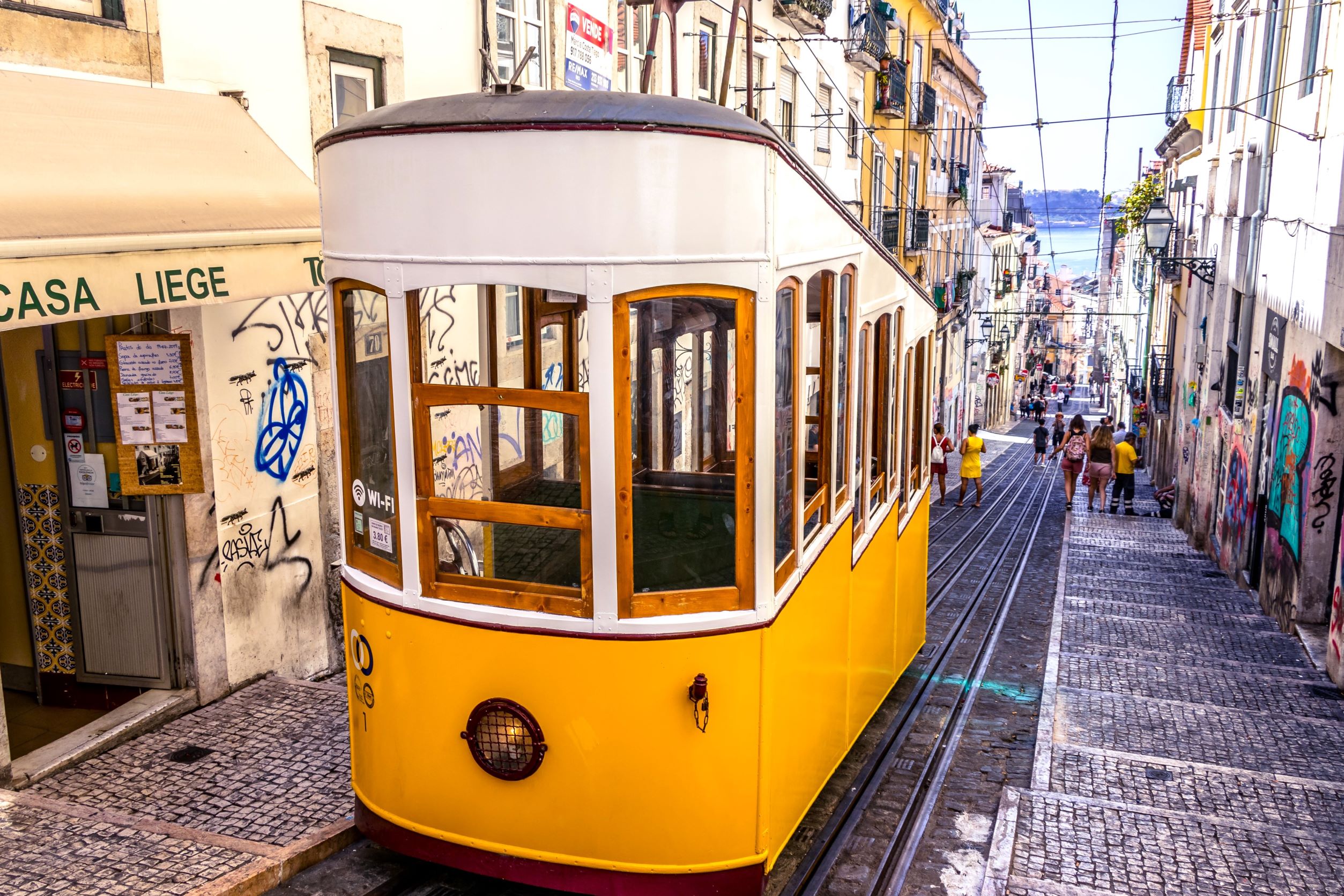Lisbon (Lisboa), Portugal
Lisbon is the capital and largest city of Portugal, located on the country’s western coast. With a population of over 547,000 people, Lisbon is a vibrant and cosmopolitan city known for its rich cultural heritage and stunning natural beauty.
The economy of Lisbon is driven by tourism, technology, and finance. The city is home to many historical landmarks and cultural attractions, making it a popular destination for travelers from all over the world. It is also a hub for technology and innovation, with a growing startup scene and a number of major tech companies based in the city.
The weather in Lisbon is typically mild and sunny, with temperatures ranging from 10°C to 30°C (50°F to 86°F) throughout the year. The best time to visit the city is from April to October, when the weather is warmer and more pleasant.
There are many things to do and see in Lisbon, including visiting its many historical landmarks, such as the Belem Tower and the Jeronimos Monastery. The city is also home to a number of museums, such as the National Museum of Ancient Art and the National Tile Museum, which showcase Portugal’s rich cultural heritage.
Outdoor enthusiasts will enjoy exploring the city’s many parks and gardens, such as the Eduardo VII Park and the Jardim Botanico, which offer beautiful views and a chance to escape the hustle and bustle of the city. The city is also home to several beaches, such as Praia do Guincho and Praia de Carcavelos, which are popular spots for swimming, sunbathing, and water sports.
Foodies will love trying the local cuisine, which features a mix of Mediterranean and Portuguese influences. Popular dishes include bacalhau, a salted cod dish, and pastel de nata, a custard tart. Lisbon is also known for its nightlife, with a number of bars, clubs, and restaurants offering live music and entertainment.
Overall, Lisbon is a vibrant and exciting city with something for everyone. From its rich cultural heritage and stunning natural beauty to its vibrant nightlife and delicious cuisine, Lisbon is a must-visit destination for travelers.
The city is known for its rich cultural heritage and diverse population, which is a mix of Portuguese, Brazilian, African, and other ethnic groups.
When it comes to food and beverages, Lisbon offers a wide range of options. The city is home to many restaurants and bars, serving everything from traditional Portuguese cuisine to international dishes. Some popular local dishes include bacalhau, a salted cod dish, and pastel de nata, a custard tart. Lisbon is also known for its seafood, with a number of restaurants offering fresh fish and shellfish caught from the Atlantic Ocean.
The cityscape of Lisbon is a mix of modern buildings and historic landmarks. The city is home to many museums, churches, and other cultural attractions, such as the Belem Tower and the Jeronimos Monastery. The city is also known for its colorful houses, which are a distinctive feature of Lisbon’s architecture.
Despite being located on the Atlantic Ocean, Lisbon does not have any beaches within the city limits. However, the surrounding area is home to several beaches, such as Praia do Guincho and Praia de Carcavelos, which are popular spots for swimming, sunbathing, and water sports. Lisbon is also surrounded by forests and mountains, which offer opportunities for outdoor activities such as hiking and mountain biking.
When traveling to Portugal, it is important to be aware of certain customs and traditions. For example, it is considered rude to gesture with your index finger, as this is considered a vulgar gesture. It is also important to dress modestly, especially when visiting religious sites.
In addition, it is important to show respect for the local culture and customs. This includes avoiding any criticism or negative comments about the country or its people, and being respectful of religious customs and traditions

